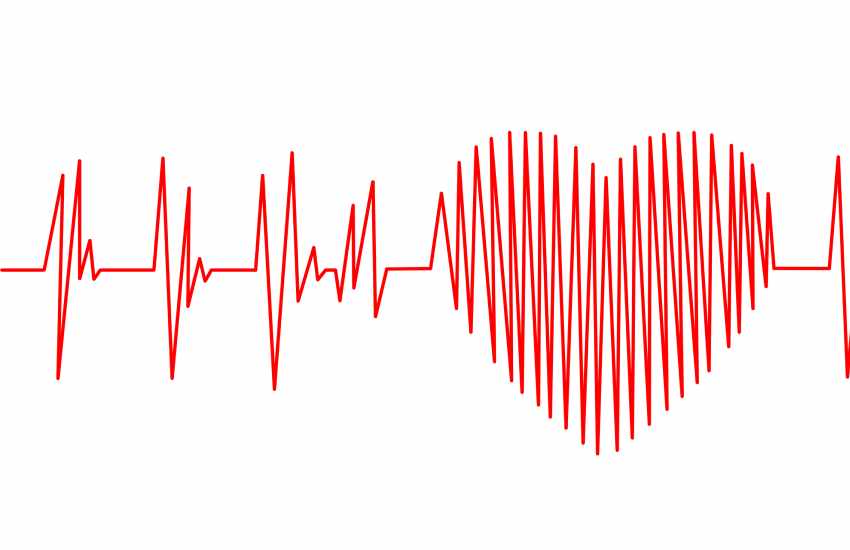
Your heart rate measures how fast your heart is beating to pump blood throughout your body. This can vary quite a bit during the day and is a good indicator of how hard your heart is working. Your heart rate may be up if you’re exercising or down if you’re meditating. When it seems to be up or down but there’s no clear reason why, that can indicate a problem.
Normal Heart Rates
Most people are in the range of 50-100 beats per minute (BPM) when not working out, stressed, sick or asleep. Heart rates in kids tend to be higher and less consistent, until around the age of 18. But everyone is different. What matters is your normal. For example, elite athletes can have a heart rate under 50 BPM.
Why Your Heart Might Beat Faster
If your heart rate is high and you’re not doing something strenuous, you may just be excited, nervous, or stressed – triggering the primal fight-or-flight reaction that gets your body ready for action. You may be fighting a cold, dehydrated, or simply have had too much caffeine. In these cases, it’s typically nothing to worry about.
There are rare cases where it could be an issue with your heart’s electrical system, such as an irregular rhythm, that needs medical attention.
Why Your Heart Might Beat Slower
If you’re extremely fit and your heart is very strong, it doesn’t need to beat as fast to deliver blood to your body. If you’re an everyday athlete and your heart rate is chronically low, or drops suddenly, something may be wrong with your heart’s electrical signals. There are also certain heart-related medications that can lower your heart rate.
When Should You Talk to Your Doctor?
If you have any symptoms that concern you, contact a doctor straightaway. Symptoms to watch for includes:
- rapid, pounding or fluttering heartbeat;
- skipped heartbeat;
- shortness of breath;
- chest tightness or pain;
- fainting;
- dizziness.
Written by a doctor from WeCare Medical Centre.









